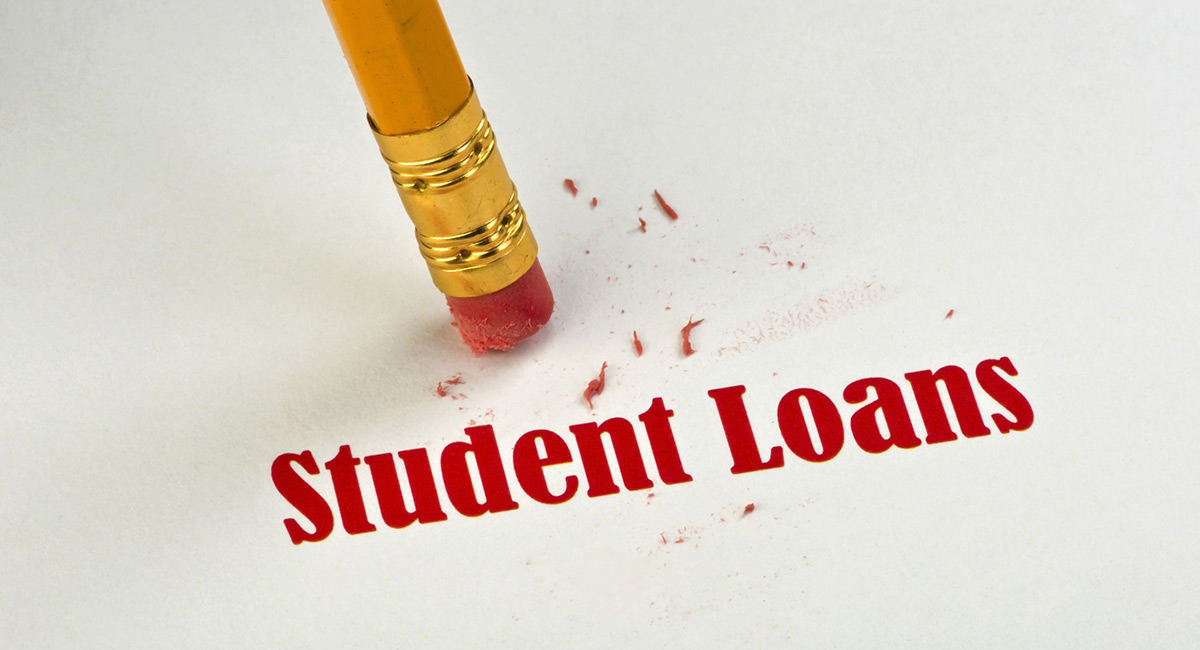The movement to “forgive” student loans (translation: stick taxpayers with the bill) has picked up steam with Joe Biden’s election and inauguration. A decade ago, the economist Justin Wolfers called it the “Worst. Idea. Ever.” I visited the idea in 2019. I don’t think anything is markedly different here in 2021. Here are a few reasons why student loan forgiveness isn’t such a hot idea.
1. Perceived Legitimacy. We’re just under two months removed from 2021’s first real “hold my beer” moment: a serious debate about whether or not the raid on the US capitol was technically a coup. Fairness aside, we have to ask what student loan forgiveness would do to people’s already-tenuous faith in the American version of liberal democracy. Note that this is not a concern about how people should react. It’s a concern about how people will react.
2. Downstream Incentives. Why shouldn’t I finance my kids’ schooling entirely with borrowed money if I reasonably expect the loans to be forgiven? Or why shouldn’t I eat, drink, and be merry now if I reasonably expect other people to pay off my kids’ student loans? Instead of taking advantage of the tuition deal at Samford, why not send them to get a degree in Boutique Studies at Luxury College and then an expensive Master’s Degree in Boutique Studies at Opulent University if I can stick taxpayers with the bill? Not everyone responds to incentives the same way, but we’ll definitely see more of this.
3. The Distributional Consequences Are Perverse. The labor market rewards college graduates, which means student loan forgiveness is a transfer to relatively affluent college graduates. In addition, the return to higher education is private rather than public. This means there is no compelling public policy reason to subsidize higher education. And yes, I realize that I am biting fiercely at the hand that feeds me.
4. It’s Actually a Genuine “Trickle-Down” Theory. I’ve seen people claim that student loan forgiveness will stimulate the economy because it will mean people will be able to buy other stuff with what they are no longer paying on their student loans. The problems are many, but here are two. First, if we want to go full Keynesian, high-income college graduates have a lower marginal propensity to consume than people of more modest means. Second, someone has to pay. I know some commentators have invoked “Modern Monetary Theory” to explain why student loan forgiveness is a free lunch. I will admit I need to read more, but reviews of contributions to Modern Monetary Theory in the Wall Street Journal and Journal of Economic Literature have been devastating, and Scott Sumner’s analysis of Modern Monetary Theory suggests it leaves much to be desired.
5. If Schooling is Largely Signaling, Subsidies Are Largely Wasteful. If Bryan Caplan is right and the return to schooling is something like 80% a reward for acquiring a costly signal, the dollars we are spending on higher education are wasted on an arms race between people trying to display their beautiful plumage in the labor market.
6. A Lot of the Purported Non-Financial Benefits of Higher Education Are Largely Wishful Thinking. It pains me to write this, but as Jason Brennan and Phillip W. Magness point out in Cracks in the Ivory Tower: The Moral Mess of Higher Education (which I discuss here), there’s not much evidence that college has a very strong treatment effect on learning and retention—and yes, that includes my beloved dismal science of economics. That’s not strictly true of everyone, of course, and college can be a transformative experience for some people. Even then, it’s hardly clear that students should have their transformative experiences at taxpayer expense.
Like Bryan Caplan, I love learning so much I decided never to leave school. I live for the lightbulb moments students have when they realize what economists mean by “at the margin” or when they start using and applying the concepts we cover in class. Economically speaking, those are private benefits, however, and the case for sticking taxpayers with the bill is shaky indeed.









